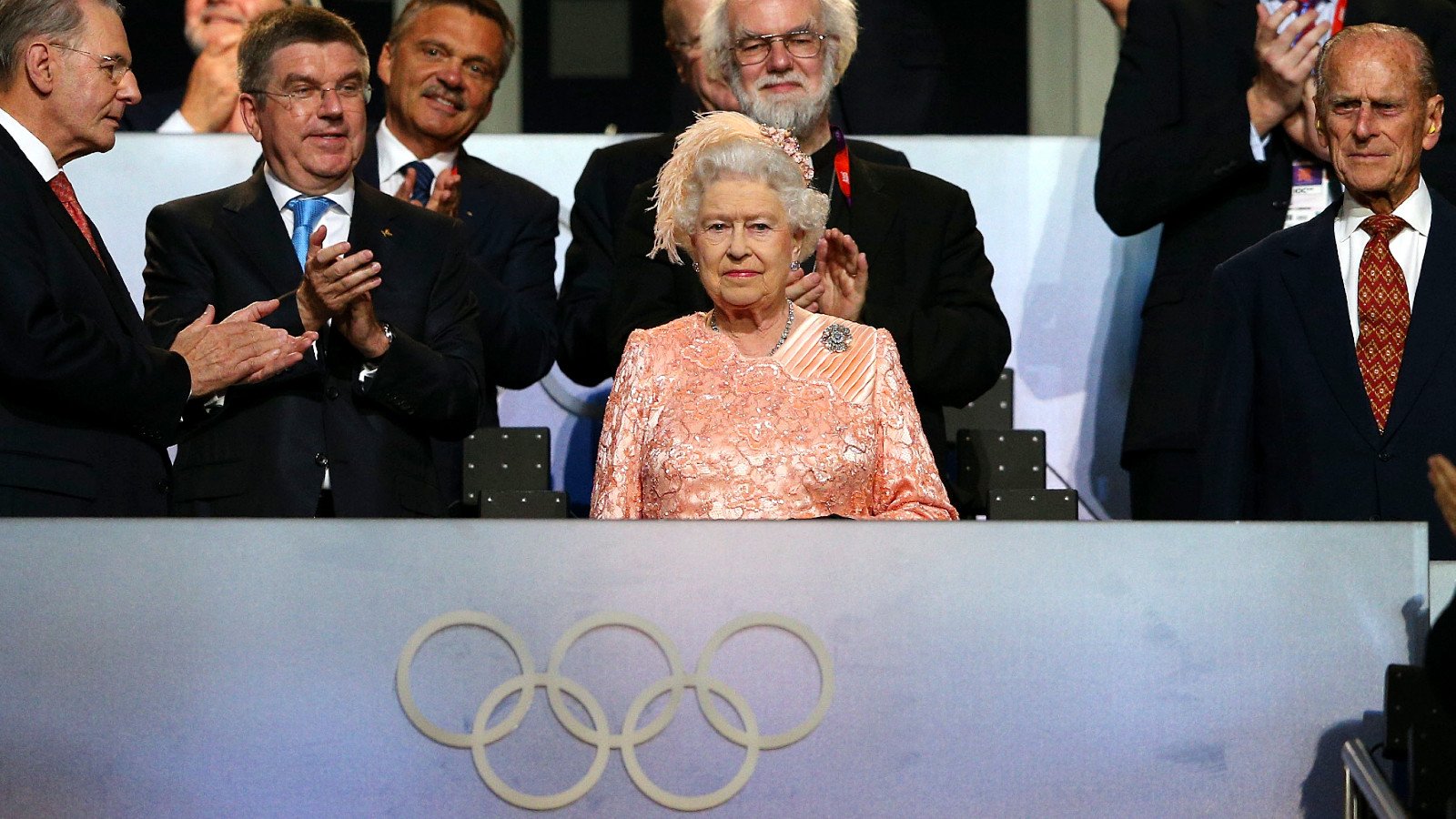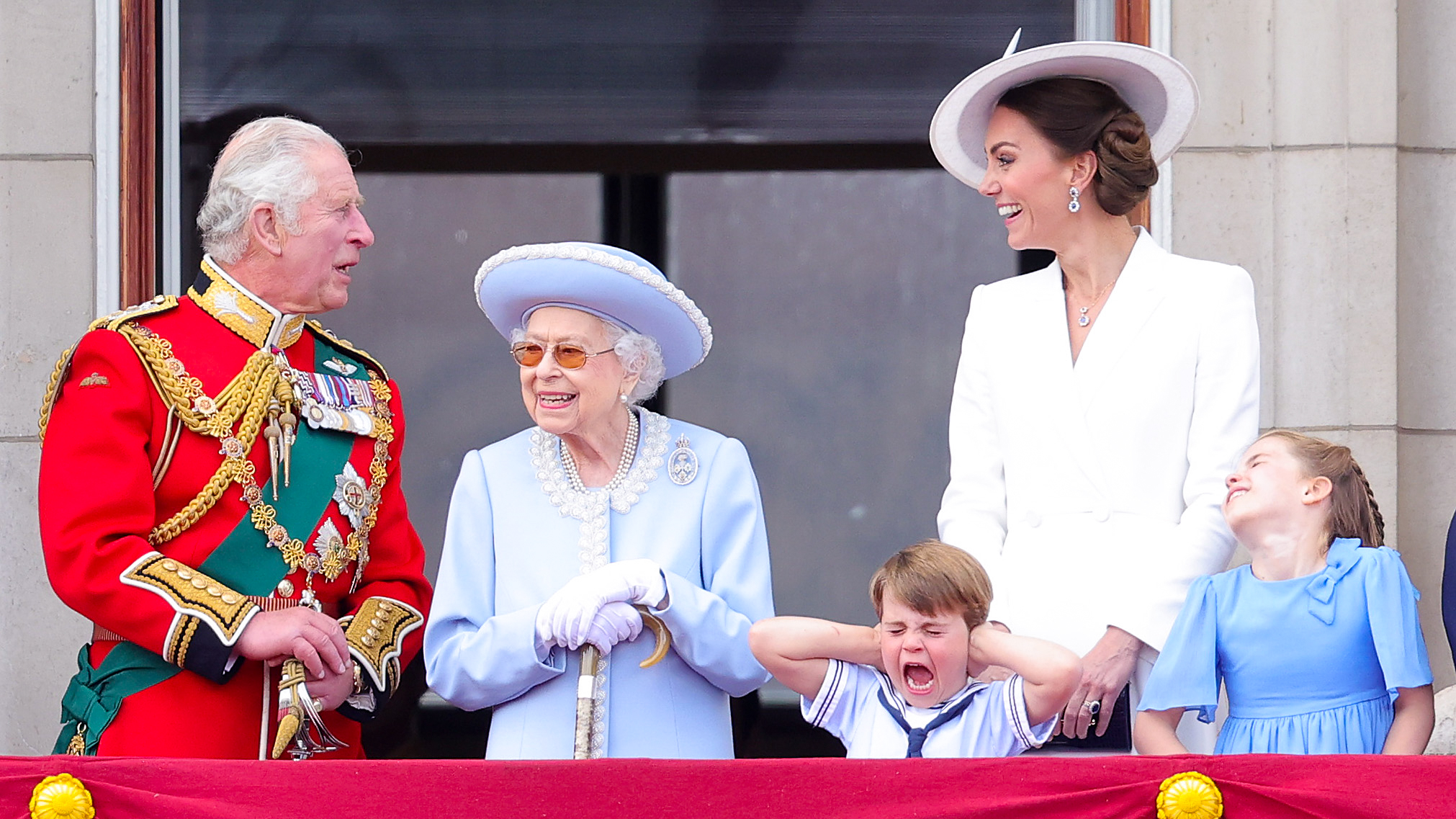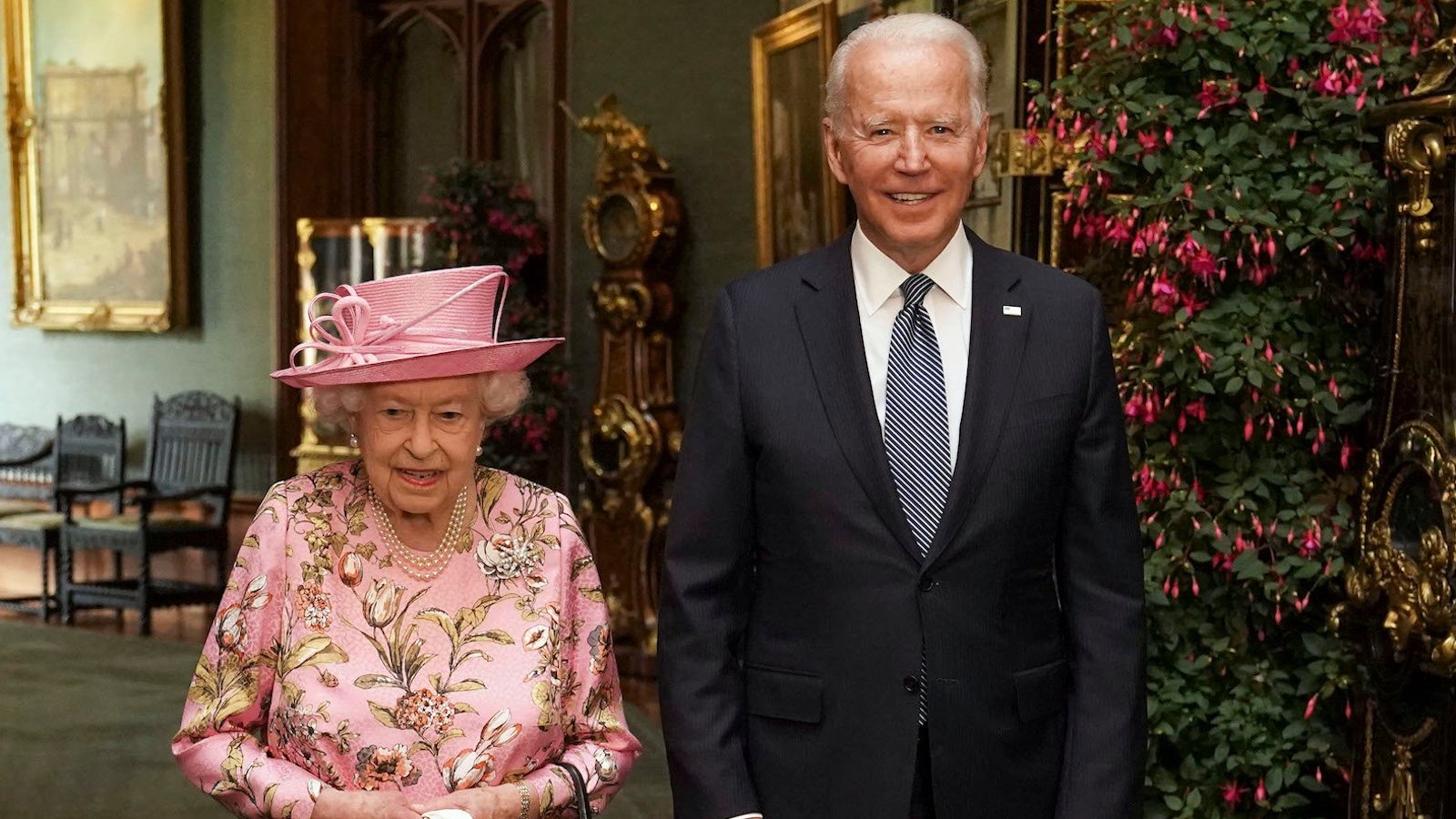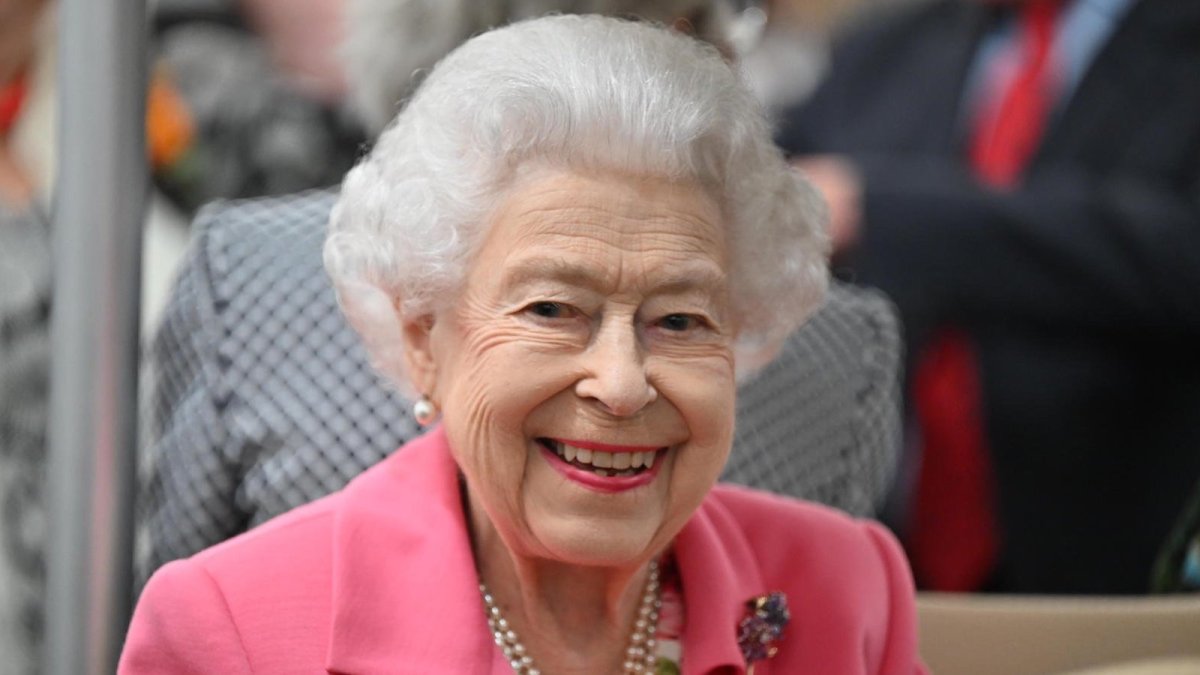A monarchy is bound up in tradition and history, but Queen Elizabeth II was a figure who has transcended, bridging the old and the new. For many of the world’s population, whether they are governed by a monarchy, republic, or another political system, the Queen exemplified royalty. The Queen was not the only monarch in the world, nor the longest-serving — at her death, she was second — but unquestionably one of the most famous and highly regarded.
On September 6, 2022, the Queen received her 15th Prime Minister for investiture – as a Constitutional Monarchy, the elected leader of the United Kingdom has to be invited to form a new government by the head of state. As always, this event was carefully choreographed – with arrivals timed, every move planned, and perfect photos snapped.
What was different was that the Queen did not bid farewell to one Prime Minister and say hello to another in the familiar surroundings of Buckingham Palace, London. She greeted and invested Liz Truss at Balmoral Castle, the large Royal Estate in Aberdeenshire, Scotland. Always a favorite of the Monarch, Queen Elizabeth has favored it in the year of her Jubilee as her health — most notably mobility issues — had limited her in the public duties and service that defined her 70-year reign.
The change of location was an acknowledgment of the Queen’s health, age, and mortality — a thought monarchists dread and will even give pause to many republicans in the United Kingdom and beyond.
The Queen’s 70 years on the Throne took in a staggering 15 Prime Ministers. There are many reasons the Queen was a major figure linking today with many of the highs and lows of the 20th century, but few stand out, like the fact that the young Queen’s first Prime Minister was Winston Churchill. She was the only surviving head of state to have served in WW2 and has met every American President — except for Lyndon B. Johnson — since the 34th, Dwight D. Eisenhower.
The Queen was a pivotal link to the past, and any announcement related to her health captured the world’s attention.
Just two days after the Queen fulfilled her constitutional duty to install her 15th Prime Minister, Buckingham Palace’s statement that the monarch was under medical supervision and her closest family was called to Balmoral did just that. The world has spent most of September 8, 2022 fearing the inevitable.
The end of an era

The death of a U.K. Monarch is not publicly known until notice is placed on the gates of Buckingham Palace. It’s an essential part of an intricately planned sequence of events under the banner of Operation London Bridge – a string of events and protocols meticulously prepared and well known to the Queen. The practical aspects have been taken care of, so the Queen’s subjects, including her family, can provide the emotion.
Before the public was aware, the Queen’s private secretary Sir Edward Young, KCVO will have informed the Prime Minister of the U.K. and the other countries where the Queen was head of state and the remaining Commonwealth nations.
There will be an international press scramble — a lasting one — as the U.K. and other realms enter a period of mourning and deal with a trauma, which, for many of the population, will be entirely new. The focus will naturally fall on the Queen’s state funeral, and the coronation of her successor, King Charles III — or possibly another coronation name the queen’s first-born child Charles selects for himself.
The Commonwealth

Elizabeth II wasn’t only Queen of the United Kingdom. She was the second Head of The Commonwealth of Nations, the voluntary organization that connects 56 countries and 2.5 billion people. When she took the position from her father, George VI, the Commonwealth was still emerging from the controversial legacy of the British Empire. Under her name, the organization grew, attracting new countries and becoming a tremendous global force for good – where smaller island nations have access to G7 administrations like Canada. There is no requirement for the U.K. monarch to Head the Commonwealth, although it is expected to pass to her heir.
The Queen was also head of 14 other countries, a collective monarchy known as the Commonwealth Realm. The shock of Elizabeth’s loss will naturally encourage debate about the monarchy’s future in respect of those regions, as an important link to the past is lost. It’s a practical thought. During her reign, the Queen never shied from the realities of a functional monarchy surviving in the modern age. Working diligently for her country, showcasing her devotion of her role over two-thirds of a century, she will know the decision lies with free and democratic people. The status of the Monarch of the U.K. as Australia’s head of state will undoubtedly be a matter of discussion after a respectful period has passed.
As the U.K. enters an expected 12-day mourning period, the countries of the Commonwealth Realm and the wider Commonwealth will also take time for tribute and reflection.
The rest of the world

The Queen had a fair claim to being the most famous person in the world. During her life, she visited over a hundred countries, and touched the lives of many thousands of world citizens beyond her realms. These were sentiments expressed by Prime Minister Liz Truss just two days after meeting the Queen.
Nearly 80% of the population of the U.K. were born after Queen Elizabeth ascended to the Throne. They are Elizabethans, the term that reflects the fortunes under her reign. The vast majority of the population has known no other monarch. Although the Queen was forbidden from playing an active part in U.K. politics, the monarchy provides more than an excuse for a good ceremony in the parliamentary system. The balanced and constitutional role of the monarch will continue to evolve.
In 2022, the 70th anniversary of her coronation brought celebrations, pageantry, and holidays to the U.K., but the Queen is a global figure. Over 90% of the global population was born during her reign. When they hear about the “Queen of England” in The White Stripes’ “Seven Nation Army” or the Queen in David Bowie’s “Life on Mars”, it’s undoubtedly her image they see — a profile, a portrait, or a controversial painting — not hard for one of the most photographed and represented people on the planet.
The Crown, of which she is the reluctant star, is one of Netflix’s greatest hits — adding a strong dose of fiction to actual events. It’s been called “TV’s best soap” and is watched by tens of millions of households worldwide. The show had already signaled it would end before 2022’s events, although that may change.
There is no doubt that the Queen’s passing will be a major world event – although less about consequences than a chance to reflect on history and the meaning of duty.
It’s difficult to think of the past 70 years as an Elizabethan age in a smiling way to the first Elizabethan Age, or Georgian or Edwardian ages. From the aftermath of WW2, the Queen’s reign has seen huge technological, societal, and political change. As globalization dawned, the Queen took on the challenges of marrying tradition with a changing world. For many Republicans and Monarchists alike, her name has stood for respect, dignity, and service, even in dark and troublesome times that led to years like her infamous Annus Horribilis. Her legacy will be reflected in a flurry of tributes from around the globe.
The death of Queen Elizabeth II means that part of history has ended and, even for a second, the whole world stopped.

